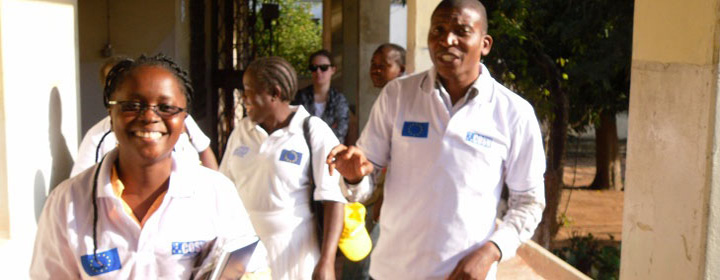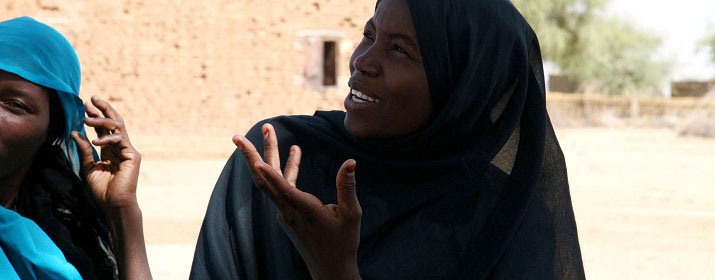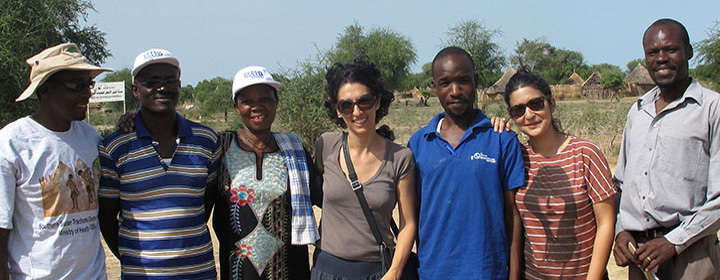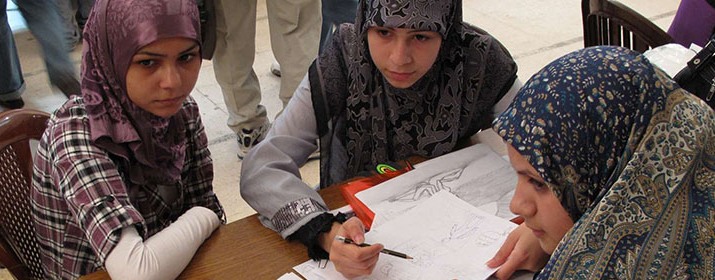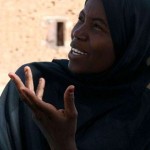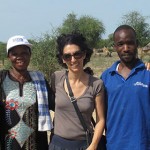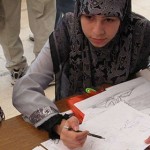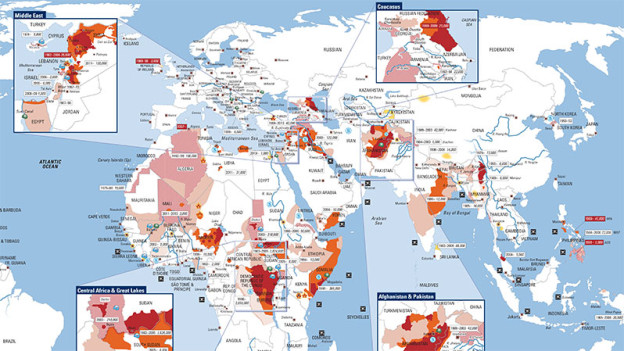Open Letter from the President of Link 2007 Paolo Dieci *
Dear Professor Jeffrey Sachs,
This letter was inspired by your article “The sought return of International Law” (Il Sole 24 Ore, July 25, 2014).
Firstly, we would like to express a passionate consensus towards your theses and conclusions: the contemporary world is in desperate need of international law, the only possible alternative to the uncontrolled proliferation of conflicts and the systematic violation of fundamental human rights.
We agree when you point out that today, unlike a century ago, when Europe and the world were swept away by the First World War, there exist “on paper” tools for prevention and management of conflicts, there is an international organization – you cite the Security Council and the General Assembly of the United Nations – born in order to identify and implement solutions to conflicts alternative to the military. However, these instruments appear woefully weak.
The cases of wars taking place in Gaza and between Ukraine and Russia are enough to understand that international law is “notably absent” in the contemporary world. Any of us can see, analyzing the main “historical political cases” in recent decades, Iraq, Afghanistan, the Horn of Africa, Palestine, the Balkans, the former Soviet Union, which, in addition to the obvious contextual peculiarities and specificity of conflicts, it is possible to identify some constants, which represent the same threats to stability, peace and development. Let’s try to identify some of them:
– Military conflicts cause untold suffering to the civilian population and exacerbate, rather than solve the problems posed in their justification. Independently of any other evaluation, it would suffice in this regard to cite the cases of Iraq and Somalia;
– The military exasperation of conflicts makes the world as a whole more insecure and unstable and powers, rather than weaken, the destructive spiral of terrorism;
– The military exasperation of conflict diverts immense resources to the fight against poverty, often in some of the poorest areas of the planet. It ‘s the case, for example, in the Horn of Africa.
The Non-Governmental Organizations (NGOs) operating in places of conflict and extreme poverty, are well aware that their actions, however essential, are not enough. We need more tools, politics and, as you rightly pointed out, more international law. It is amazing and distressing, to return to current events, what’s happening in Gaza these days. Some governments make appeals for peace or otherwise for granting humanitarian truce, the UN Secretary-General calls on the parties to lay down their weapons and return to the path of dialogue but no one, apparently, has the “power” and the tools to impose a cease-fire.
We know that it is an “uphill struggle” and we are not so naive as to ignore, as your article points out, that behind many choices of military intervention there are strong geopolitical and economic interests. However, we wonder if it is finally now time to hope for a breakthrough. Everyone, regardless of their interests and ideological orientations, can see that what you write (“… all this military activity costs hundreds of thousands of lives and trillions of dollars, but instead of solving one of the underlying problems, chaos increases by threatening a war that could spread like wildfire. … “) is making all of us more insecure and dramatically more uncertain the future of the new generations, wherever they live.
It is time to a large, solid alliance between civil society, academics, popular associations in the world to ask the international institutions, governments, politics, to assume the respect of international law and the definition of practical tools that can ensure its application at the center of their agendas.
Dear Professor Sachs, thanks also to the decisive impulse of your work, the international community, in 2000, has assumed binding and challenging agenda, summarized in the eight millennium development goals. The same international community must now take stock of the state of implementation of those big goals, and define an agenda for the future, for years to come after 2015’s. The agenda approved in 2000 had a great ambition and a great hope: the possibility that the absolute poverty, in a reasonably short period of time, could be eliminated. We are certainly still far from this goal, but much has been done, and above all, for perhaps the first time in history, the world was united by a common agenda, crossed by a strong global vision.
We share with you the hope that this ideal heritage will not lost, but strengthened. We hope, and to this end we will work with our means, that the new global agenda also includes the joint research of tools adequate to affirm international law. This battle and that against poverty can not be separated, they are not separable.
A government, any government, can not consistently make commitments against poverty without also assuming other for peace, for the peaceful resolution of conflicts, human rights, the strengthening of systems of international “governance”. The current ones are too weak and this weakness is paid every day by thousands of unarmed civilians.
July 28, 2014
* President of LINK2007 – COOPERATION IN NETWORK

